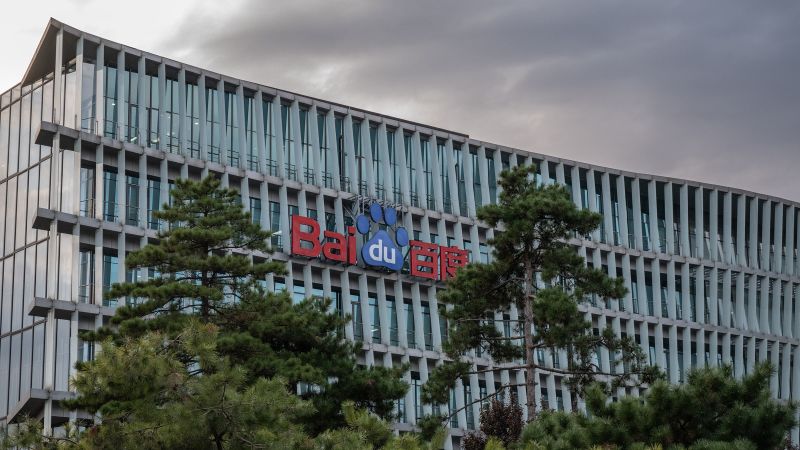In a significant move poised to reshape the landscape of artificial intelligence in China, Baidu, renowned as the local internet search giant, has declared that its advanced AI chatbot services will be offered for free. This announcement comes amid intensifying competition among global developers, particularly as the popularity of start-up DeepSeek’s models skyrockets. Baidu’s decision hints at a strategic attempt to reclaim market dominance in a rapidly evolving sector.
As part of this initiative, Baidu will make its celebrated Ernie Bot available without any charges starting April 1. This innovative chatbot, engineered in Beijing, boasts numerous premium features, including AI painting capabilities that appeal to a diverse user base. Users across both mobile and desktop platforms will be able to access these advanced functionalities without financial constraints, reflecting Baidu’s commitment to expanding its reach in the competitive AI arena.
Coincidentally, this announcement followed shortly after Sam Altman, CEO of OpenAI, took to social media platform X to unveil the roadmap for the highly anticipated GPT-5 model. Altman noted that while ChatGPT users will enjoy free and unlimited access to GPT-5, those who subscribe for a premium service will have the opportunity to engage with a “higher level of intelligence”. This concurrent disclosure from OpenAI underscores the competitive tension in the AI industry, pushing established players to adapt quickly.
Adding to the excitement, Baidu also disclosed plans to roll out the next iteration of its chatbot, designated as Ernie Bot version 4.5, by the end of June. Notably, this forthcoming edition will be open source, mirroring the approach taken by DeepSeek with its own models. This marks a significant shift in Baidu’s strategy, as the company aims to enhance the appeal of its offerings amid rising competition from nimble startups.
Moreover, Baidu plans to introduce its Deep Search function, which promises enhanced reasoning capabilities as well as expert-level responses, also free of charge in April. These developments signal an urgent response to the pressures Baidu and other companies are experiencing in China’s bustling AI landscape, especially in light of the groundbreaking advancements made by DeepSeek’s recent AI model, R1. The R1 model has garnered acclaim for its performance, rivaling that of established industry giants at markedly lower costs, thus reshaping market expectations.
The competitive dynamics are reflected in Baidu’s stock performance, which saw an impressive jump of up to 12% following the announcements. Baidu’s shares were trading around 95 Hong Kong dollars (approximately $12.20) on Friday, significantly contributing to an overall rise of 20% in the Hang Seng China Enterprises Index since January. This uptick may indicate renewed investor confidence spurred by Baidu’s bold maneuvers in the AI space.
Since the unveiling of ChatGPT in late 2022, Chinese technology firms have been scrambling to offer competitive homegrown alternatives. Baidu managed to respond swiftly, providing a chatbot barely four months post-ChatGPT’s launch. However, despite its first-mover advantage, Baidu has struggled with user adoption, facing stiff competition from ByteDance’s Doubao and other emergent AI enterprises.
Indeed, notable startups like DeepSeek and Moonshot AI have begun to overshadow established players in recent months, offering sophisticated models that outperform expectations. Moonshot AI, for instance, unveiled its own ChatGPT-like chatbot called Kimi last year. It quickly became one of the most popular AI chatbots in China, following closely behind DeepSeek and Doubao, illustrating the rapid ascendance of new players in the sector.
Other remarkable entities, such as Zhipu AI, which originated from the prestigious Tsinghua University in Beijing, also reflect the changing tides in China’s tech landscape. Zhipu, supported by Tencent and Alibaba, recently garnered scrutiny from the U.S. Commerce Department, which placed it on its “Entity List” due to allegations of military support, a claim the company has vehemently denied.
To conclude, Baidu’s move to open up its AI services aligns with a broader trend among leading AI developers—including Ernie Bot, OpenAI’s ChatGPT, and Anthropic’s Claude—who have consistently provided basic chatbot offerings at no cost. With these developments, it remains to be seen how Baidu’s strategies will influence the ongoing evolution of AI technologies and applications not only in China but globally.



